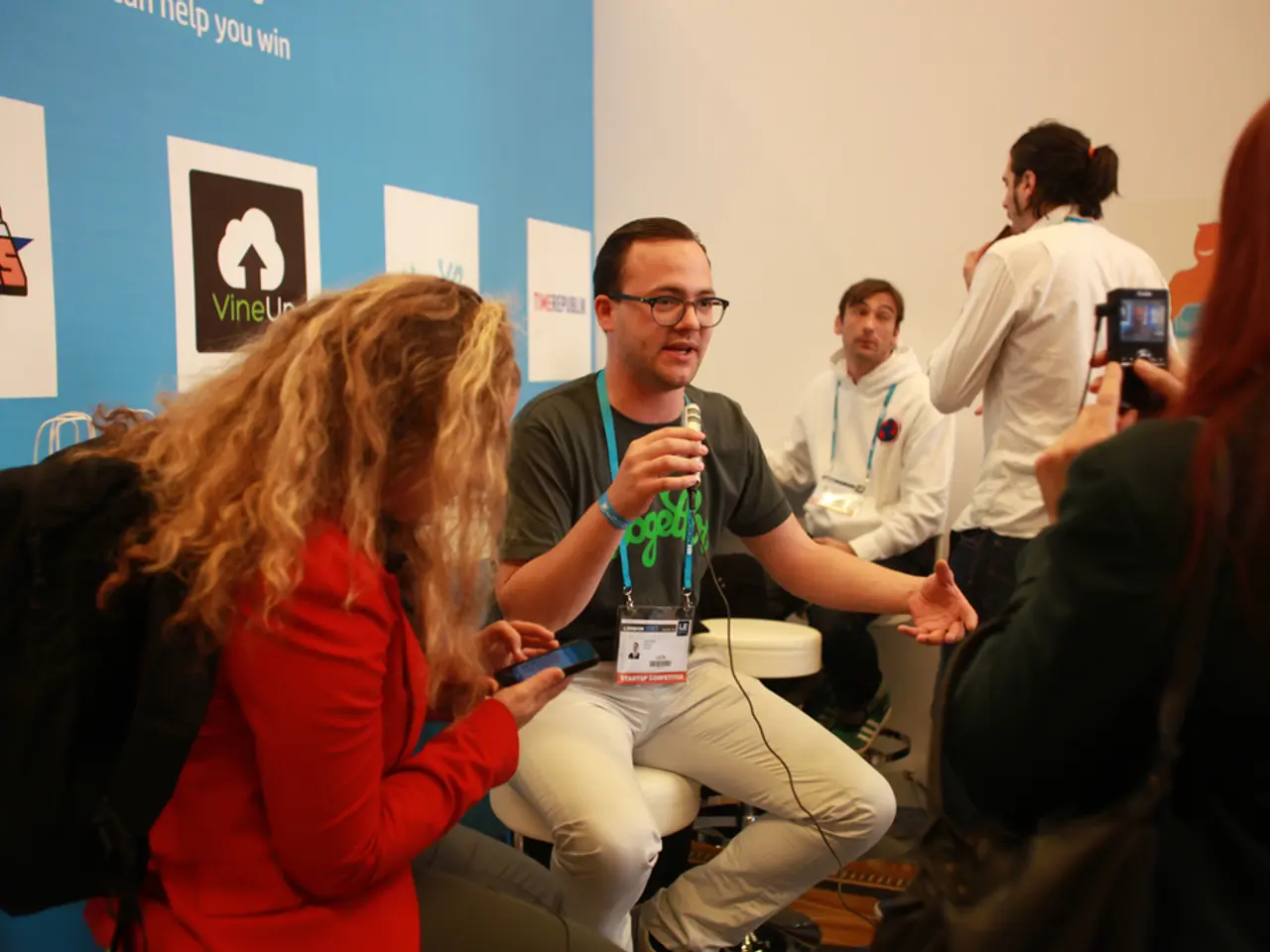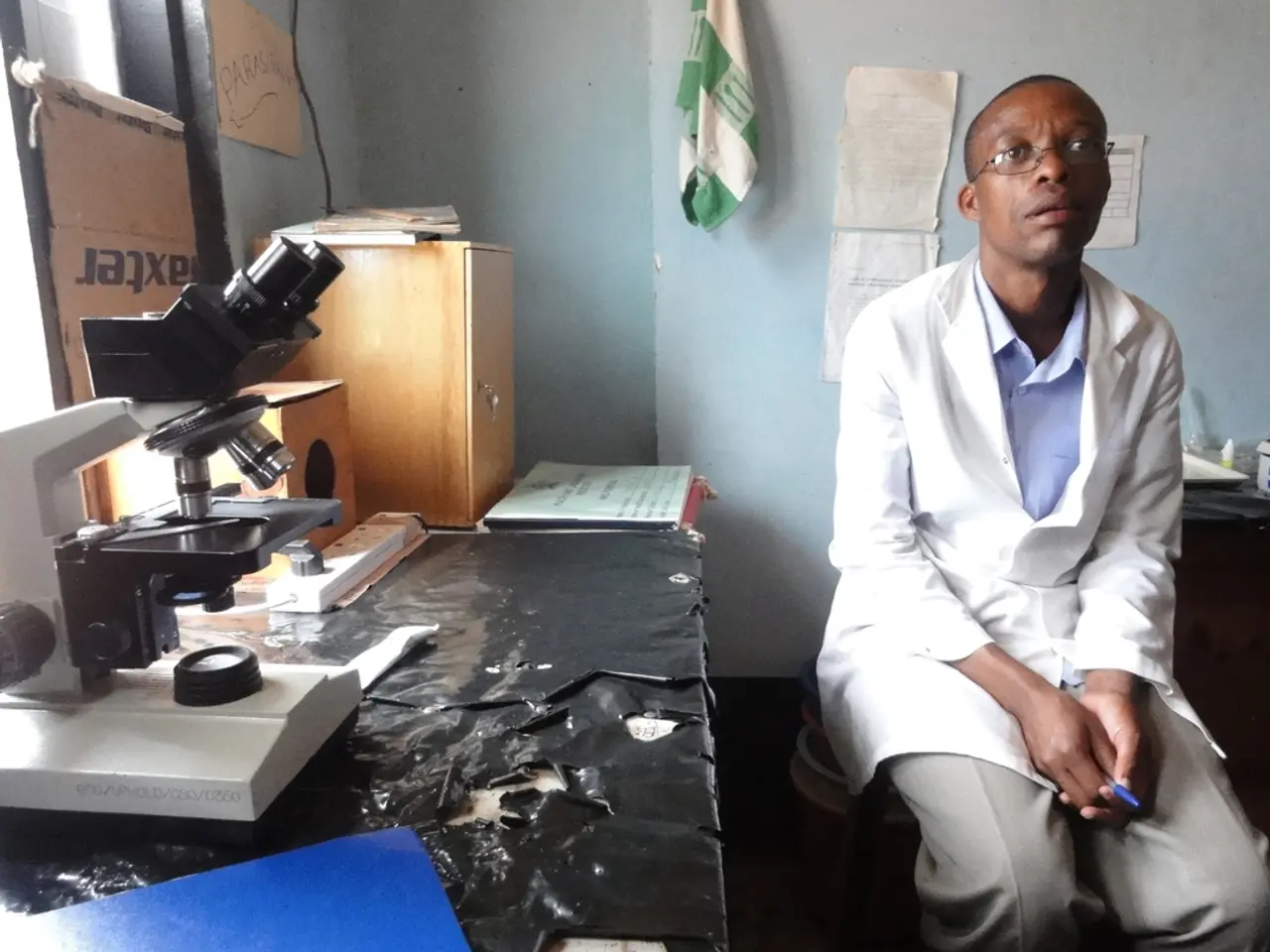Children's Interactive Adventure: Fostering Comprehension and Skill Development
**Experiential Learning: A Revolutionary Approach to Child Development and Education**
Experiential pedagogy, a learning method that emphasizes direct experience, reflection, and application, is making waves in the world of education. This approach, which aligns with David Kolb's Experiential Learning Theory, has been found to significantly contribute to child development and learning.
At the heart of experiential learning lies the process of active engagement, reflection, conceptualization, and action. This process stimulates multiple neural pathways in the brain, enhancing memory retention, problem-solving skills, creativity, and critical thinking. Children who learn experientially are more likely to internalize complex concepts because the learning is contextualized and meaningful rather than abstract.
Research has shown that experiential learning not only increases understanding of academic content but also fosters essential life skills such as problem-solving, communication, collaboration, and adaptability. These skills are foundational for success in real-world settings beyond the classroom.
The benefits of experiential learning are backed by numerous studies. For instance, a 2020 study found that children who engaged in hands-on science scored significantly higher on language development and executive function. Furthermore, experiential pedagogy is highlighted in educational policies like India’s NEP 2020, which emphasizes hands-on, meaningful learning experiences to improve education quality and prepare students for future challenges.
For families seeking to encourage practical exploration at home, cardboard ramps, kitchen science experiments, or open-ended building materials can provide a great starting point. For instance, Ball Ramps offers blocks and tubes for children to build custom tracks, teaching them about friction and angle changes affecting speed. Flight Lab, on the other hand, offers air-powered cannons and paper airplanes, allowing children to experiment with force, resistance, and design.
Moreover, experiential learning benefits children with attention differences, improving academic performance, especially in children with ADHD or sensory issues. This embodied learning approach, where children learn by doing and experiencing, restores the chance to discover things for themselves, as Jean Piaget once stated.
In addition, children collaborate naturally at experiential learning exhibits, learning communication, cooperation, and leadership through play. This social interaction is a crucial part of the experiential learning process, fostering emotional intelligence and social skills.
In summary, experiential pedagogy is a powerful, research-supported method that deeply enriches child development and learning. By harnessing the brain's natural learning mechanisms, experiential learning supports holistic child development—from cognitive growth to social and emotional skills—making it an evidence-backed, impactful educational approach.
Children who engage in experiential learning are more likely to internalize complex concepts, as the learning is contextualized and meaningful rather than abstract. This method of education, which emphasizes direct experience, reflection, and application, is foundational for lifelong learning and self-development, as it fosters essential skills such as problem-solving, communication, collaboration, and adaptability needed for success in real-world settings beyond the classroom.




